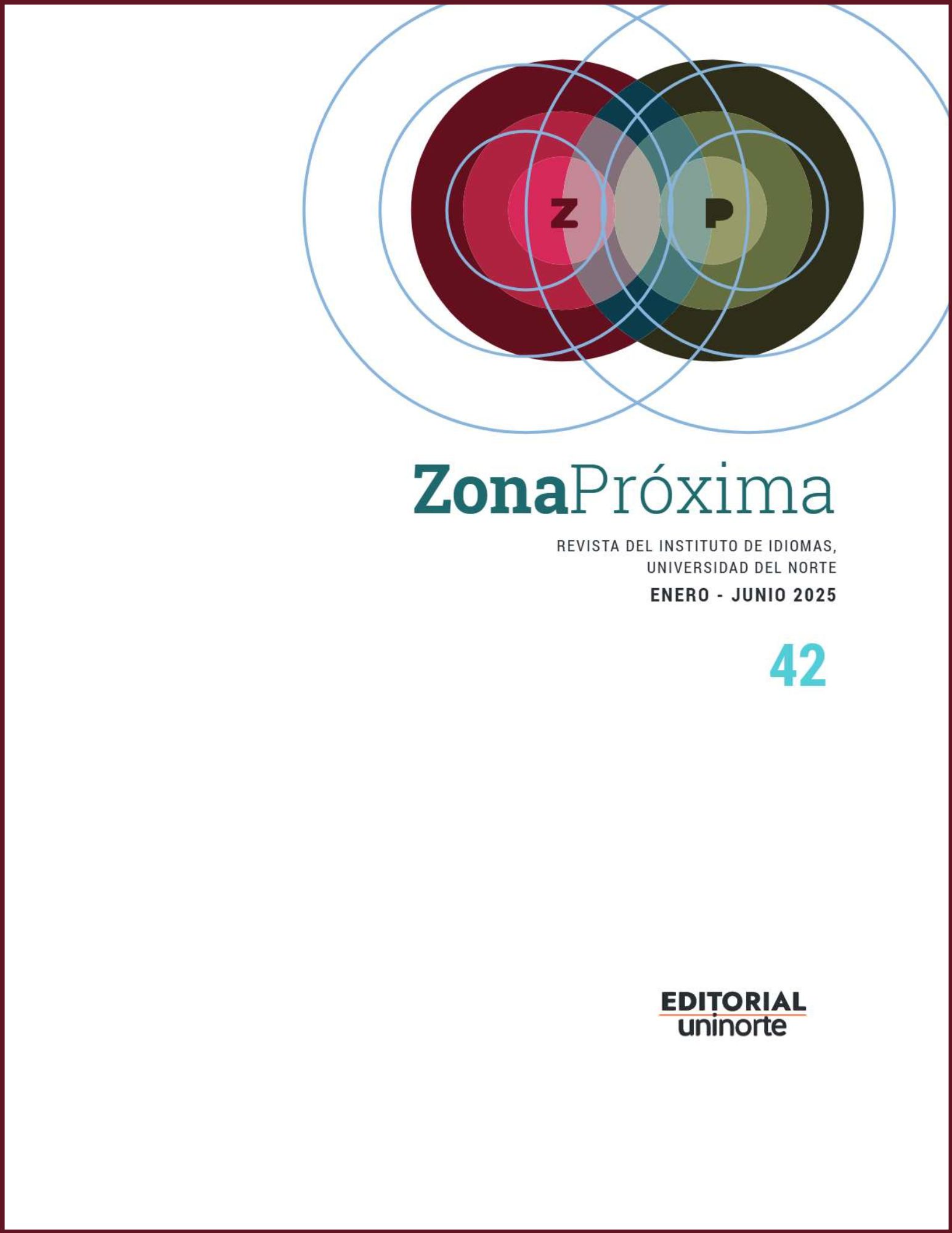Resumen
Artículo de reflexión derivado de una investigación doctoral, inscrita en las líneas de dos grupos escalafonados por el Sistema Nacional de Ciencia, Tecnología e Innovación-Minciencias. El objetivo consistió en analizar los encuentros y desencuentros entre Paulo Freire y Michel Foucault, dos grandes pensadores que han influenciado las reformas educativas en Latinoamérica desde el siglo XX con respecto al horizonte de la pedagogía crítica y el poder. En la metodología, se lleva a cabo un seguimiento documental mediante la técnica análisis de contenido y se configuran redes conceptuales con ayuda del software VOSviewer. Los resultados indican que, aunque existen brechas epistemológicas entre los dos autores debido a sus campos de acción, sus ideas convergen en aseverar que el poder reprime las conciencias de los individuos.
Citas
Avendaño-Castro, W. y Parada-Trujillo, A. (2013). El currículo en la sociedad del conocimiento. Educación y Educadores. https://www.redalyc.org/pdf/834/83428614008.pdf
Ávila-Fuenmayor, F. (2006). El concepto de poder en Michel Foucault. Telos. https://www.redalyc.org/pdf/993/99318557005.pdf
Conforti, M. (2017). Discursos, instituciones y saber en el pensamiento de Michel Foucault. Universitas Philosoplica. https://www.redalyc.org/journal/4095/409553054006/html/
Dávila, O. (2013). Ética, Poder, Educación: Paulo Freire y Michel Foucault. Diálogos. https://core.ac.uk/download/pdf/268235753.pdf
Díaz-Barriga, A., y García, J. M. (2014). Evolución del campo del curriculum en Colombia 1970-2010. En: Desarrollo del curriculum en América Latina; experiencia de diez países. Miño y Dávila Editores.
Foucault, M. (1980). Power/Knowledge. Pantheon Books. https://monoskop.org/images/5/5d/Foucault_Michel_Power_Knowledge_Selected_Interviews_and_Other_Writings_1972-1977.pdf
Foucault, M. (2000). Defender la Sociedad. Fondo de Cultura Económica de Argentina. https://www.uv.mx/tipmal/files/2016/10/M-FOUCAULT-DEFENDER-LA-SOCIEDAD.pdf
Foucault, M. (2002). Vigilar y Castigar. Editores siglo XXI. https://www.ivanillich.org.mx/Foucault-Castigar.pdf
Fornet-Betancourt, R., Becker, H. y Gómez-Muller, A. (1984). La ética del cuidado de uno mismo como práctica de libertad. Revista Concordia. https://www.studocu.com/co/document/universidad-eafit/etica-y-responsabilidad-social/michel-foucault-la-etica-del-cuidado-de-uno-mismo-como-practica-de-la-libertad/5645356
Freire, P. (1993). Pedagogía de la esperanza: un reencuentro con la pedagogía del oprimido. Siglo XXI.
Freire, P. (2005). Pedagogía del oprimido. Siglo XXI.
Freire, P. (2004). Pedagogía de la Autonomía. Paz e Terra SA.
Giroux, H. (2013). La pedagogía critica en tiempos oscuros. Praxis Educativa. https://www.redalyc.org/pdf/1531/153129924002.pdf
Granero, A. (2012). Pedagogía de la Indignación. Editores siglo XXI. https://www.fceia.unr.edu.ar/geii/maestria/DoraBibliografia/UT.%204/Freire.Pedagogia%20de%20la%20indignacion.pdf
Habermas, J. (1987). Problemas de legitimación en el capitalismo tardío. Cátedra Colección teorema.
McLaren, P. (2012). La pedagogía crítica revolucionaria. El socialismo y los desafíos actuales. Buenos Aires: Ediciones Herramienta. Colección Pensamiento Crítico.
Morales, J. (2021). Lectura desde la pedagogía crítica: una propuesta para la intervención educativa significativa. Revista Cubana Educación Superior. http://scielo.sld.cu/scielo.php?script=sci_arttext&pid=S0257-43142021000200006
Ocampo, J. (2001). Los orígenes oficiales de las universidades republicanas en la Gran Colombia 1826-1830. Revista Historia de la Educación Colombiana (3-4), 27-44. http://editorial.udenar.edu.co/revistas/rudecolombia/files/r34_27.pdf
Organización de Estados Iberoamericanos para la Educación, la Ciencia y la Cultura - OEI. (2010). Metas Educativas 2021. La educación que queremos para la generación de los bicentenarios. Naciones Unidas CEPAL. Madrid: http://www.oei.es/metas2021.pdf. www.oei.org.es)
Organización de las Naciones Unidas para la Educación, la Ciencia y la Cultura –UNESCO (2014). Las 6 estrategias de la Unesco para solucionar la crisis mundial de educación. En: 11º Informe del Seguimiento Global de la Educación para Todos. Universia.
Ramírez, R. (2008). La pedagogía crítica. Folios. https://www.redalyc.org/pdf/3459/345941358009.pdf
Sanín, J. y Zapata J. (2014). Biopolítica, Seguridad y Dispositivos alternativos de resistencia. Revista de estudiantes de ciencias políticas. https://app.vlex.com/#vid/743980381
Soto, D. E. (2005). Aproximación histórica a la universidad colombiana. Revista Historia de la Educación Latinoamericana -RHELA 7, 101-138. Tunja. Universidad Pedagógica y Tecnológica de Colombia. RUDECOLOMBIA.


